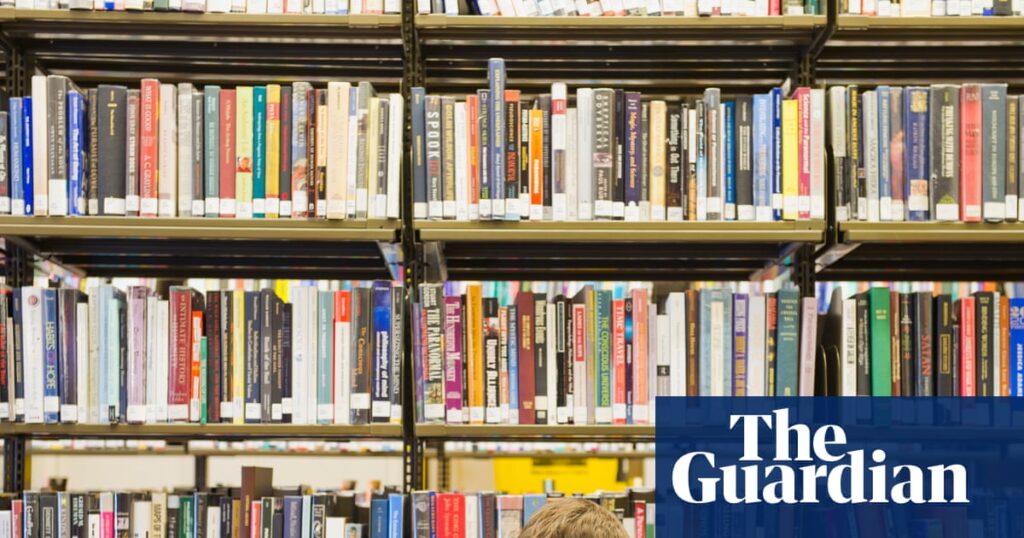
The New South Wales government has unveiled a groundbreaking initiative to bolster the state’s literary sector, pledging $3.2 million to support writing and literature. This move aims to address the significant economic contribution of the sector, which generates $1.3 billion annually and supports up to 22,000 jobs, despite the average writer earning a mere $18,200 per year from their creative endeavors.
The announcement of the “Stories Matter” strategy by NSW Arts Minister John Graham comes at a critical time, as the industry faces mounting pressures from low incomes, declining reading rates, and the disruptive impact of digital media and artificial intelligence on publishing.
“This requires direct action, because there is too much to lose and so much to gain from a strong literary sector in NSW,” Graham stated during the launch of the strategy. “We want our stories to be told, we want to be part of the global literary conversation and we rely on the social cohesion that comes from the nuance and empathy that books build.”
Key Components of the “Stories Matter” Strategy
The “Stories Matter” initiative draws inspiration from similar programs in Canada, Germany, France, and Scandinavian countries. The NSW model includes several key components designed to invigorate the literary landscape.
- Public Library Membership Campaign: A $630,000 investment will support a campaign to boost public library membership, with a pilot program targeting women, girls, and LGBTQ+ communities to leverage the resources of over 360 public libraries across the state.
- First Nations Development Fund: A $200,000 fund dedicated to nurturing First Nations writers and publishing professionals.
- Affordable Housing Residencies: Up to four temporary and 12 to 24-month residencies for artists, writers, playwrights, and illustrators, providing affordable housing solutions.
- Literary Fellowships Fund: A $500,000 fund to support authors, playwrights, and illustrators.
- Writing Australia Collaborations: $225,000 for three co-funded collaborations, including an initiative to develop an international marketing arm to promote Australian writing abroad.
- Western Sydney Literature Support: An additional $100,000 to support literature organizations in Western Sydney, focusing on school programs and an emerging writers academy.
Voices from the Literary Community
The strategy has garnered support from prominent figures in the literary community. Charlotte Wood, a multi-award-winning writer, expressed optimism about the initiative’s potential impact.
“I’m hopeful the strategy will recognize that Australian literature is not merely decorative, a nice thing somehow separate from the rest of life,” Wood remarked. “Literature is absolutely central to the intellectual life and psychology of any nation.”
James Bradley, a novelist and critic who served on the advisory panel, emphasized the strategy’s potential to transform the lives of writers in NSW by investing in creators and fostering partnerships with universities and cultural institutions.
“The NSW government’s new literature strategy will make a material difference to the lives of the state’s writers by investing in creators, strengthening the literary ecosystem, and fostering a range of new partnerships,” Bradley noted.
The AI Challenge and Copyright Concerns
This initiative arrives amid broader industry challenges, particularly the impact of artificial intelligence on copyright. The Australian Society of Authors (ASA) recently highlighted its efforts to defend against AI encroachments, with Australian writers and illustrators potentially eligible for compensation under a landmark US$1.5 billion class action settlement against AI company Anthropic in the United States.
ASA Chief Executive Lucy Hayward emphasized the need for government intervention to ensure fair compensation for Australian creators whose works have been used without consent.
“It’s clear that Australian authors cannot rely on expensive and lengthy overseas litigation to see redress for the harm done to them,” Hayward stated. “We need government intervention.”
The Anthropic case is one of many lawsuits addressing the unauthorized use of copyrighted books by AI companies. The ongoing legal battles underscore the urgency for protective measures, as highlighted by the case of Richard Flanagan, a Booker Prize winner whose novel was pirated and used to train AI models.
“I felt as if my soul had been strip-mined and I was powerless to stop it,” Flanagan lamented.
Looking Ahead
The NSW government’s “Stories Matter” strategy represents a significant step forward in supporting the literary sector and addressing the challenges posed by digital transformation. As the industry navigates these complex issues, the initiative aims to ensure that the benefits of reading and writing are accessible to all, while safeguarding the rights and livelihoods of creators.
With ongoing legal battles and the evolving landscape of AI, the literary community and policymakers alike will need to remain vigilant and proactive in protecting the rich tapestry of stories that define Australia’s cultural heritage.







